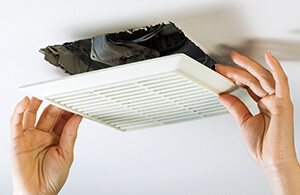When it comes to maintaining air quality and keeping your HVAC system running efficiently, few things are as important as the air conditioner HVAC filter. This often overlooked component plays a crucial role in ensuring the air we breathe in our homes and offices is clean and free from contaminants. In this article, we’ll explore the significance of HVAC filters, the different types available, and why regular maintenance is essential for optimal performance.
Understanding HVAC Filters
HVAC filters are designed to trap dust, dirt, pollen, and other airborne particles, preventing them from circulating through the HVAC system and into the indoor air. These filters not only help improve air quality but also protect the HVAC equipment from debris buildup, which can lead to reduced efficiency and potentially costly repairs.
Types of HVAC Filters
There are several types of HVAC filters available, each with its own set of advantages and considerations. The most common types include:
| Filter Type | Advantages | Considerations |
|---|---|---|
| Disposable Fiberglass Filters | Low cost, good for basic filtration | May need frequent replacement |
| Pleated Filters | Improved filtration, longer lifespan | Higher cost, may restrict airflow if not sized properly |
| Washable Filters | Reusable, environmentally friendly | Require regular cleaning, may not be as effective as disposable filters |
The Importance of Regular Maintenance
Regardless of the type of HVAC filter used, regular maintenance is key to ensuring optimal performance. Neglecting filter replacement or cleaning can lead to a variety of issues, including:
- Reduced air quality
- Restricted airflow
- Increased energy consumption
- Damage to HVAC equipment
It’s recommended to check the filter every 1-3 months and replace or clean it as needed, depending on the type of filter and environmental factors.
Choosing the Right Filter
When selecting an HVAC filter, it’s important to consider factors such as filtration efficiency, MERV (Minimum Efficiency Reporting Value) rating, and compatibility with your HVAC system. Higher MERV ratings indicate better filtration, but it’s essential to ensure the filter is compatible with your system’s airflow requirements to avoid strain on the equipment.

Credit: www.nytimes.com
Conclusion
Air conditioner HVAC filters may seem like small, insignificant components, but their impact on air quality and HVAC system performance is substantial. By understanding the different types of filters, the importance of regular maintenance, and the factors to consider when choosing a filter, you can ensure that your HVAC system operates efficiently and provides clean, healthy air for you and your family.

